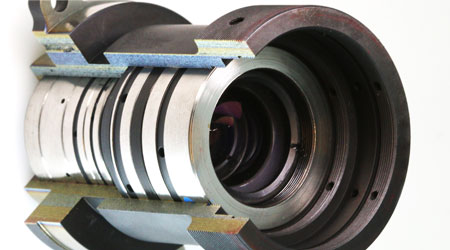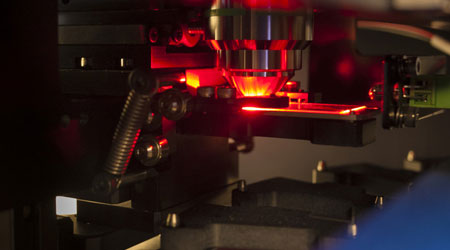Optical filters are a relatively unfamiliar concept for many people. They seem to be a little far from our daily life, but they are not. Looking closely at the surroundings, we will find that many aspects of life are inseparable from optical filters: For example, there are anti-reflection filters on the myopia lens for correcting visual acuity and high-reflection filters on the automobile mirror. The core components of projector widely used in business office are a collection of various optical filters. The monochrome, one of the core components of biochemical detectors, which are used to check the body in hospitals, mostly uses narrow-band filters. Long-wave pass filter and short-wave pass filter are used in digital camera. Various optical instruments, liquid crystal display and banknote anti-counterfeiting technology, optical communication, laser technology and so on are closely related to the development of filter technology. It can be said that without the development of filter technology as the basis, many modern emerging technologies are difficult to achieve the current achievements.
Optical filters are coated with one or more dielectric or metal films on optical elements or independent substrates to change the characteristics of light wave transmission. In order to achieve the scientific and engineering application, we design and manufacture various filter products by utilizing the phenomena of light wave characteristics change in the transmission of these thin films, such as transmission, absorption, scattering, reflection, polarization, phase change and so on. Manufacturing filter technology is a complex engineering technology, involving many professional and technical fields, including vacuum acquisition technology, real dragon measurement technology, computer aided design technology, optical characteristics detection technology, electronic circuit technology, material characteristics detection and preparation technology.
 Call us on:
Call us on:  Email us:
Email us:  R&D Center: 9B-4F 401,No.1 Qingnian Road Liando U Valley,Yuhua International Wisdom Valley, Nanjing, 210039 China
R&D Center: 9B-4F 401,No.1 Qingnian Road Liando U Valley,Yuhua International Wisdom Valley, Nanjing, 210039 China









 English
English  cn
cn  de
de  es
es  fr
fr 


